Home>diy>Building & Construction>What Does “Self Perform” Mean In Construction
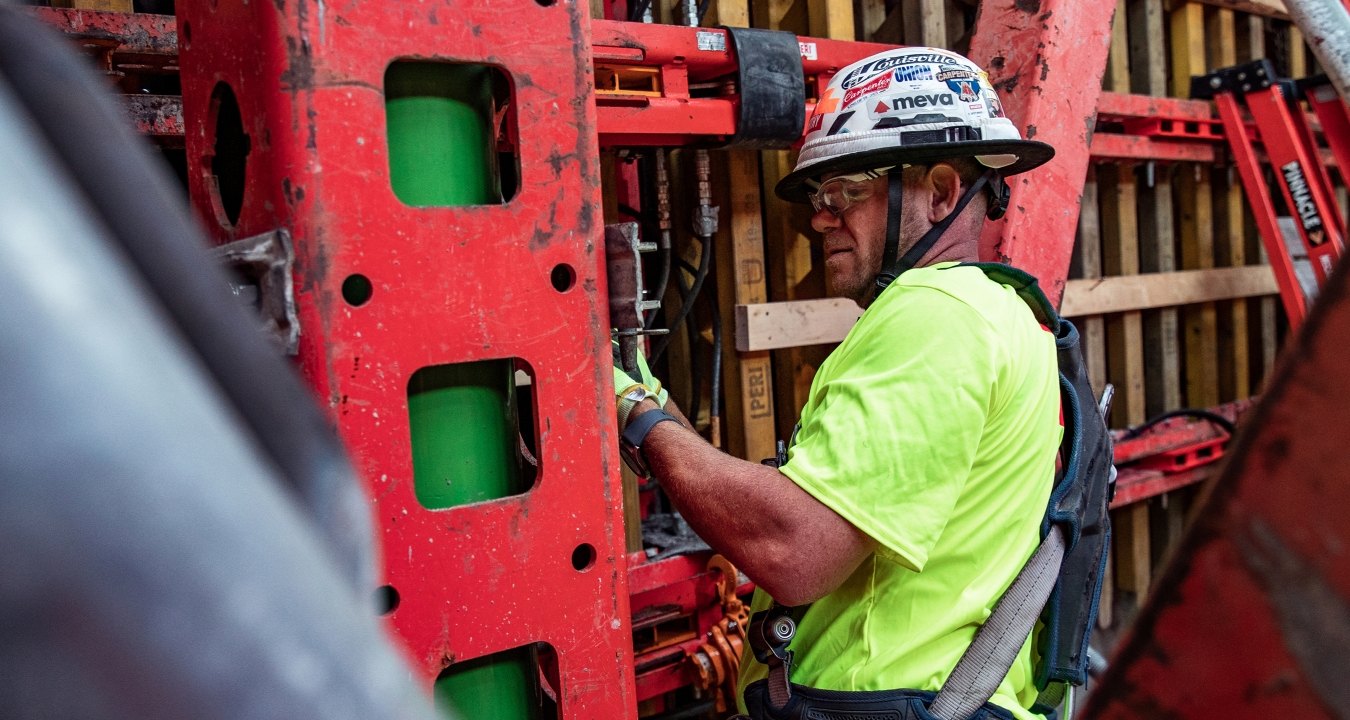

Building & Construction
What Does “Self Perform” Mean In Construction
Modified: October 20, 2024
Learn the meaning of "self perform" in the context of building construction and how it impacts project management and cost efficiency.
(Many of the links in this article redirect to a specific reviewed product. Your purchase of these products through affiliate links helps to generate commission for Storables.com, at no extra cost. Learn more)
Introduction
When it comes to the construction industry, the term “self perform” refers to the practice of a construction company taking on and completing certain tasks or trades in-house, rather than subcontracting them to specialized subcontractors. In other words, the construction company itself becomes the contractor for specific aspects of a project.
This approach allows construction companies to retain greater control over the various stages and processes involved in a construction project. By self performing certain tasks, construction companies can ensure high quality workmanship, adhere to their own standards, and have greater flexibility and responsiveness when it comes to project schedules and changes.
Self performing in construction can range from basic tasks, such as pouring concrete or carpentry work, to more specialized trades, such as electrical work or plumbing. It is a practice employed by construction companies of all sizes, from small, local contractors to large, multinational firms.
In this article, we will delve deeper into the meaning of “self perform” in construction, explore the benefits and risks associated with self performing, discuss the factors to consider when deciding whether to self perform, and provide examples of successful self performing projects.
Key Takeaways:
- “Self performing in construction allows companies to maintain quality, control costs, and enhance project management, but it requires careful evaluation of expertise, resources, and potential risks.”
- “Successful self performing examples range from residential to industrial projects, showcasing the benefits of in-house control and coordination, while also highlighting the need for strategic decision-making and project-specific considerations.”
Definition of “Self Perform” in Construction
Self perform in construction refers to the practice of a construction company taking on and completing specific tasks or trades within a construction project using their own skilled labor and resources. Instead of hiring subcontractors or specialty tradespeople, the construction company directly employs and manages the workforce necessary to complete these tasks.
Self performing tasks can cover a wide range of activities, including but not limited to:
- Site preparation and excavation
- Concrete work, such as pouring foundations and slabs
- Carpentry and framing
- Roofing and waterproofing
- Mechanical, electrical, and plumbing (MEP) work
- Interior finishes, such as painting and flooring
By self performing these tasks, construction companies have the advantage of being able to closely control the quality, schedule, and cost of the project. It allows them to have a higher level of oversight and coordination, as they are directly managing the entire process.
Additionally, self performing can provide a competitive edge for construction companies. By eliminating the need to hire and manage multiple subcontractors, companies can reduce overhead costs and potentially offer more competitive pricing to clients.
It’s important to note that self perform does not mean that construction companies handle all aspects of a project themselves. There are still areas or trades that may require specialized expertise outside of the construction company’s core competencies. In such cases, the construction company may still hire subcontractors to handle those specific tasks, while self performing the rest.
Overall, the concept of self perform in construction is centered around the idea of a construction company utilizing its own resources and labor to complete specific tasks within a project, providing greater control, coordination, and potentially cost savings.
Benefits of Self Performing in Construction
Self performing in construction offers a range of benefits for construction companies. Let’s explore some of the key advantages:
- Control over quality: By self performing tasks, construction companies have direct control over the quality of workmanship. They can ensure that their own high standards are met and maintained throughout the project. This leads to greater client satisfaction and a stronger reputation in the industry.
- Flexibility and responsiveness: Self performing allows construction companies to be more flexible and responsive to project needs and changes. When unexpected issues arise or adjustments need to be made, self performing enables them to quickly adapt and make necessary modifications without relying on external subcontractors.
- Greater efficiency: Self performing can increase project efficiency by eliminating delays and coordination issues that may arise when relying on subcontractors. The construction company can directly manage the sequencing and coordination of tasks, allowing for smoother workflow and faster completion times.
- Better cost control: By self performing, construction companies have more control over costs. They can negotiate favorable pricing with suppliers and have a clearer understanding of labor costs, resulting in better cost control. Additionally, self performing eliminates the need to mark up subcontractor fees, potentially leading to cost savings for both the construction company and the client.
- Improved communication: Self performing allows for better communication and collaboration within the construction team. With all tasks being completed in-house, there is a higher level of integration between different trades, enabling more effective coordination and communication between team members.
- Enhanced project management: Self performing tasks requires construction companies to have strong project management capabilities. This provides an opportunity for construction companies to develop and refine their project management skills, leading to improved overall project execution and success rates.
- Increased revenue potential: By self performing certain tasks, construction companies can expand their service offerings and take on a wider range of projects. This can lead to increased revenue opportunities and a more diverse portfolio, making the company more competitive in the market.
It’s important to note that while there are numerous benefits to self performing, it may not be suitable for every construction company or project. Understanding the potential risks and challenges is crucial in making an informed decision about whether to self perform or rely on subcontractors.
Risks and Challenges of Self Performing in Construction
While self performing in construction offers many benefits, it is important to be aware of the potential risks and challenges that may arise. Let’s explore some of these risks:
- Limited expertise: Self performing requires construction companies to have a wide range of skills and expertise across different trades. If a company lacks experience or resources in a particular area, it may result in subpar workmanship or delays, potentially leading to increased project costs.
- Increased liability: Self performing tasks means assuming greater liability for the construction company. Any mistakes or issues that arise may be the responsibility of the company, leading to potential legal and financial implications if not handled properly.
- Resource management: Self performing requires effective resource management, including skilled labor, equipment, and materials. Construction companies need to ensure they have the necessary resources available to successfully complete the tasks in-house. Inadequate resource planning can lead to delays and increased project costs.
- Reduced subcontractor relationships: By self performing tasks, construction companies may reduce their reliance on subcontractors. While this may offer cost savings and control, it can strain relationships with subcontractors who may otherwise provide valuable expertise or additional resources for future projects.
- Increased project management complexity: Self performing adds an additional layer of project management complexity. Construction companies must juggle multiple tasks and trades, effectively coordinate resources and schedules, and ensure seamless integration between different aspects of the project. This requires strong project management skills and systems in place.
- Potential for delays: If a construction company underestimates the time and resources required for self performing tasks, it can lead to delays in project completion. This can impact project timelines, client satisfaction, and overall profitability.
- Higher upfront costs: Self performing may require construction companies to invest in additional resources, such as equipment or skilled labor, upfront. This can increase initial project costs and may require careful financial planning and budgeting.
While these risks and challenges should be taken into consideration, it is important to note that many construction companies successfully self perform to their advantage. Mitigating these risks requires careful planning, proper resource allocation, effective project management, and ongoing evaluation to ensure the benefits outweigh the potential downsides.
When a construction company “self performs,” it means they have the capability to complete certain aspects of a project with their own skilled labor, rather than subcontracting the work out. This can lead to cost savings and better quality control.
Factors to Consider before Deciding to Self Perform
Before making the decision to self perform in construction, it is important to carefully evaluate several key factors. Consider the following aspects:
- In-house expertise: Assess the skills and expertise available within your construction company. Determine if you have the necessary resources and knowledge to successfully self perform the tasks you are considering. If there are gaps in expertise, evaluate the feasibility of training or hiring skilled labor.
- Project complexity: Consider the complexity of the project and the tasks involved. Some projects may be well-suited for self performing, while others may require specialized subcontractors due to technical intricacies or regulatory requirements. Assess the risks and benefits specific to your project.
- Resource availability: Evaluate the availability of resources required for self performing, including skilled labor, equipment, and materials. Consider the capacity of your company to handle additional responsibilities and workload without compromising quality or causing delays.
- Cost considerations: Analyze the potential cost implications of self performing versus subcontracting. While self performing may offer cost savings, it is essential to factor in upfront investments, ongoing overhead costs, and potential risks that may lead to increased expenses.
- Time and schedule: Assess the impact of self performing on project timelines. Consider the time required to mobilize and manage in-house resources, as well as the potential for delays if challenges arise. Evaluate the flexibility and responsiveness required for your project and determine if self performing aligns with those needs.
- Subcontractor relationships: Evaluate the impact of self performing on your relationships with subcontractors. Consider the long-term implications of reducing reliance on subcontractors and assess how it may affect future collaborations and resource availability.
- Legal and contractual considerations: Review contractual obligations and legalities related to self performing in your region. Ensure that you comply with licensing, insurance, safety regulations, and any other legal requirements that may apply to self performing specific tasks.
By carefully considering these factors, you can make an informed decision about whether self performing is the right approach for your construction company and project. It is crucial to weigh the advantages and disadvantages, analyze project-specific needs, and plan accordingly to maximize the benefits of self performing while minimizing potential risks.
Read more: What Does Furring Mean In Construction
Examples of Self Performing in Construction
Self performing in construction is a common practice used by many successful construction companies. Here are a few examples of how companies have utilized self performing to their advantage:
- Residential Construction: A residential construction company may choose to self perform tasks such as site preparation, foundation work, framing, and interior finishes. By self performing these tasks, the company can maintain control over the quality, schedule, and cost of the project, resulting in greater client satisfaction and profitability.
- Commercial Construction: In commercial construction projects, self performing can be seen in tasks such as concrete work, structural steel erection, mechanical system installations, and interior build-outs. Self performing these tasks allows the construction company to maintain tight control over the critical aspects of the project and ensure smooth coordination among different trades.
- Infrastructure Projects: For large-scale infrastructure projects, construction companies may choose to self perform tasks such as earthwork, road and bridge construction, utility installations, and landscaping. By self performing these tasks, companies can streamline the construction process, reduce dependence on subcontractors, and expedite project completion.
- Renovation and Remodeling: When renovating or remodeling existing structures, construction companies often self perform tasks such as demolition, structural alterations, electrical and plumbing upgrades, and interior renovations. Self performing enables them to adapt to unforeseen circumstances and respond quickly to changes during the renovation process.
- Industrial Projects: In industrial construction projects, companies may opt to self perform specialized tasks such as equipment installation, process piping, instrumentation, and electrical work. By self performing these tasks, construction companies can ensure the seamless integration of different systems and meet specific industry requirements.
These examples demonstrate how self performing can be applied across various types of construction projects. However, it is important to note that the decision to self perform should be based on careful evaluation of project requirements, available resources, and the company’s core competencies.
Successful implementation of self performing requires effective project management, skilled labor, and a thorough understanding of the specific tasks involved. By strategically utilizing self performing in construction, companies can enhance their capabilities, improve project outcomes, and gain a competitive edge in the industry.
Conclusion
Self performing in construction offers numerous benefits, including increased control over quality, flexibility, better cost control, and improved communication within the construction team. By taking on specific tasks in-house, construction companies can ensure high standards, streamline project management, and potentially save costs. However, there are also risks and challenges associated with self performing, such as limited expertise, increased liability, and potential delays if resources and planning are not adequately managed.
Before deciding to self perform, construction companies must carefully evaluate factors such as in-house expertise, project complexity, resource availability, cost considerations, time and schedule requirements, subcontractor relationships, and legal and contractual considerations. It is essential to determine if self performing aligns with the company’s capabilities, project goals, and long-term strategies.
Throughout the industry, self performing can be seen in residential construction, commercial projects, infrastructure development, renovation and remodeling, and industrial construction. By successfully self performing tasks relevant to the project, companies can enhance their capabilities, ensure quality workmanship, and have better control over the overall construction process.
Ultimately, the decision to self perform should be based on a careful assessment of the specific project requirements, available resources, and the company’s expertise. By weighing the benefits and risks, construction companies can make an informed decision that aligns with their goals and allows them to deliver successful projects.
Whether a construction company chooses to self perform certain tasks or relies on subcontractors, effective project management, skilled labor, and strong communication will remain crucial for project success. By continuously evaluating the best approach for each project and adapting to the changing needs of the industry, construction companies can maintain a competitive edge and achieve their goals in the dynamic world of construction.
Frequently Asked Questions about What Does "Self Perform" Mean In Construction
Was this page helpful?
At Storables.com, we guarantee accurate and reliable information. Our content, validated by Expert Board Contributors, is crafted following stringent Editorial Policies. We're committed to providing you with well-researched, expert-backed insights for all your informational needs.


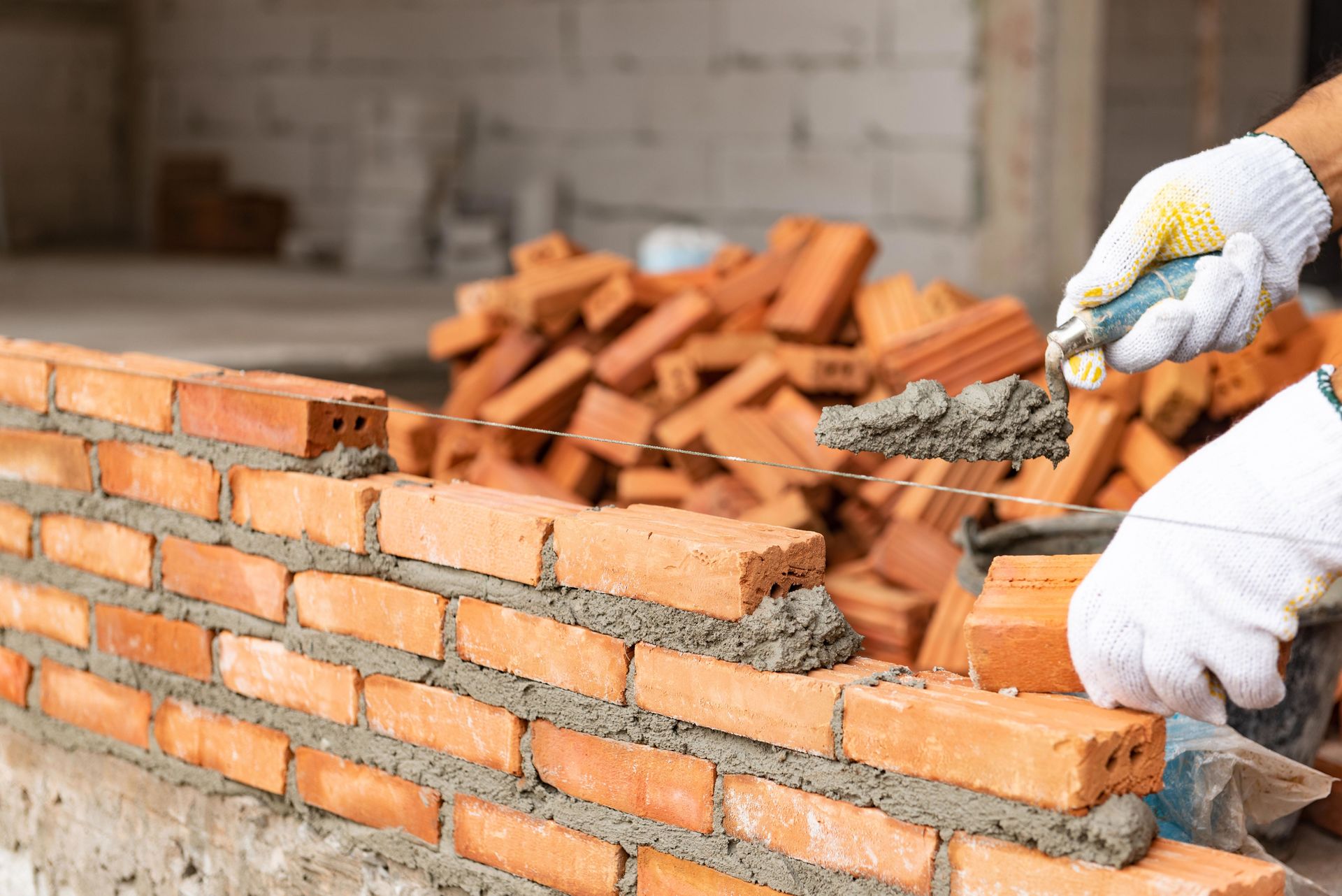





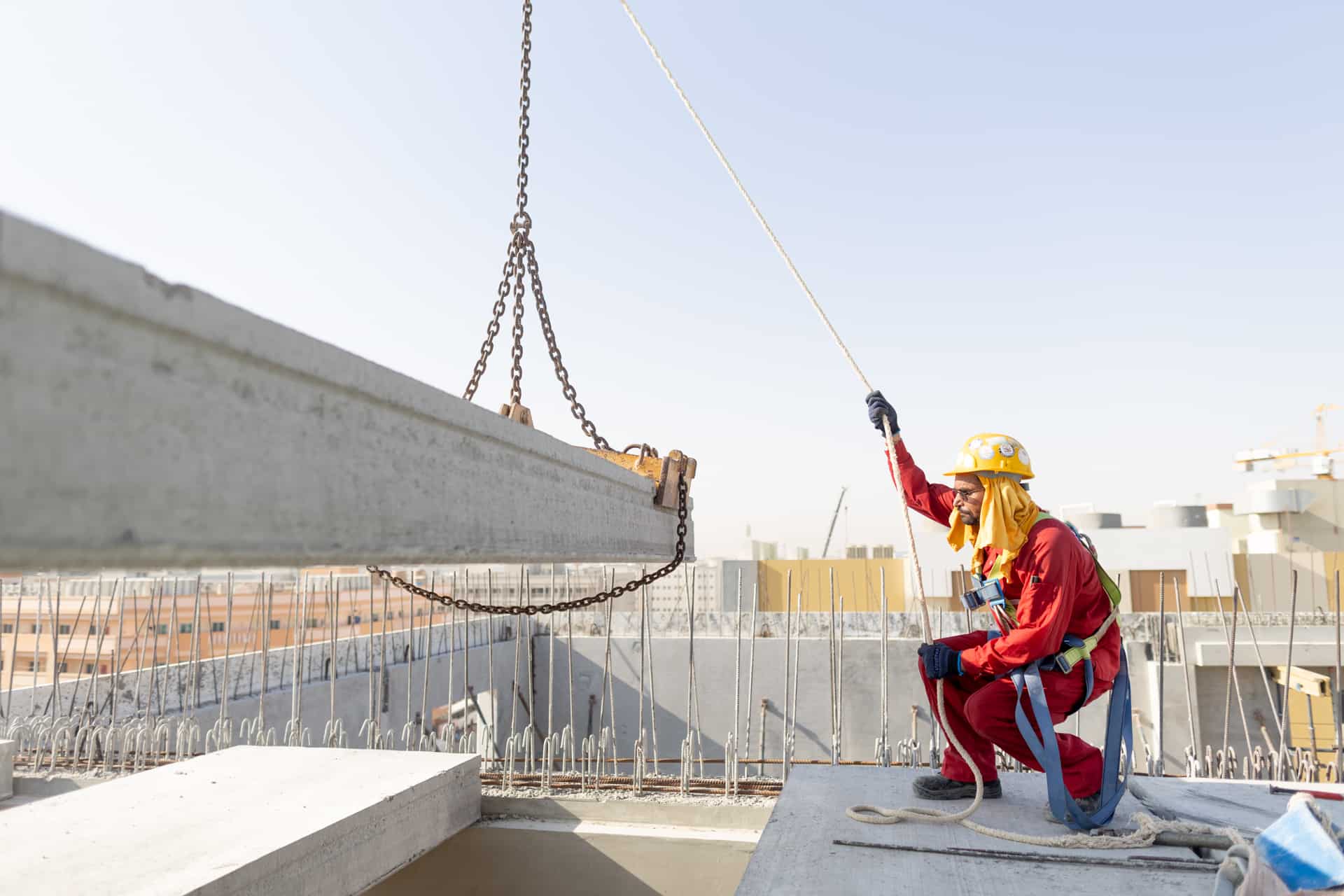

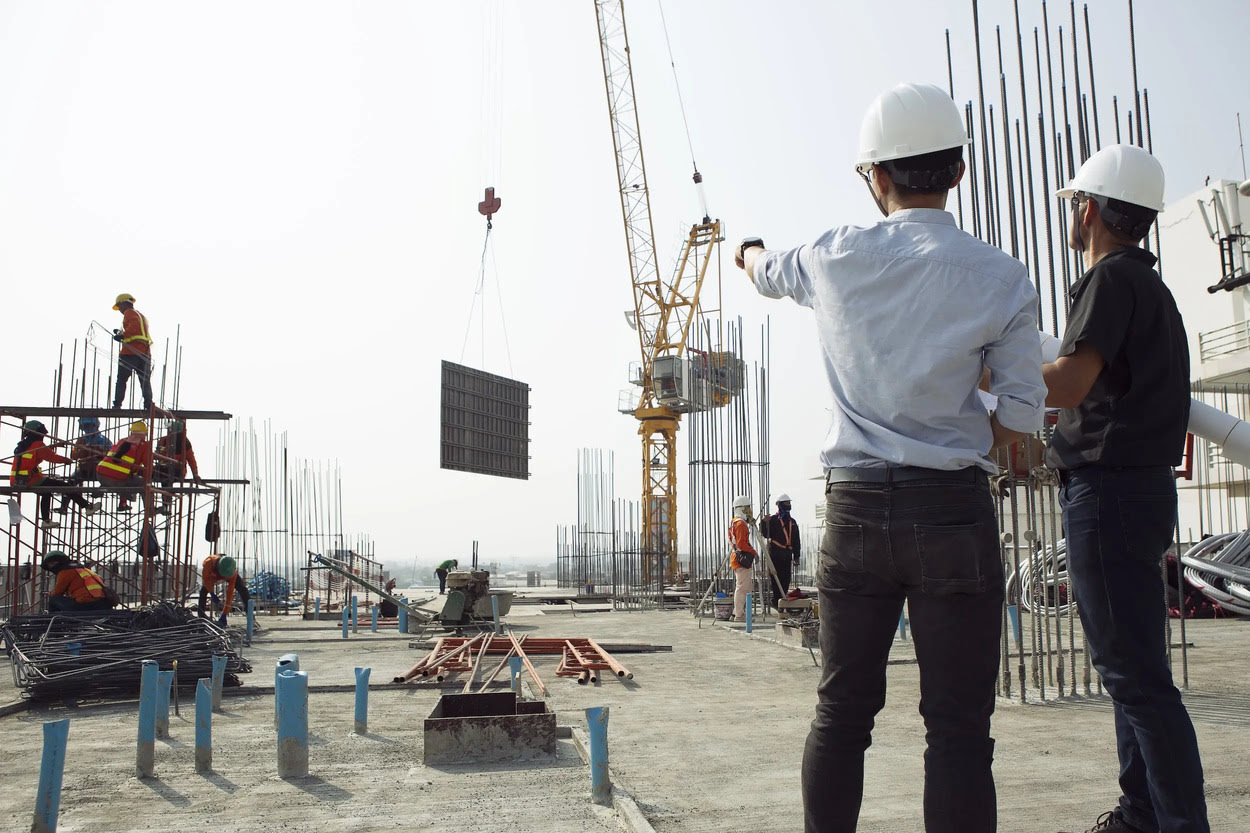

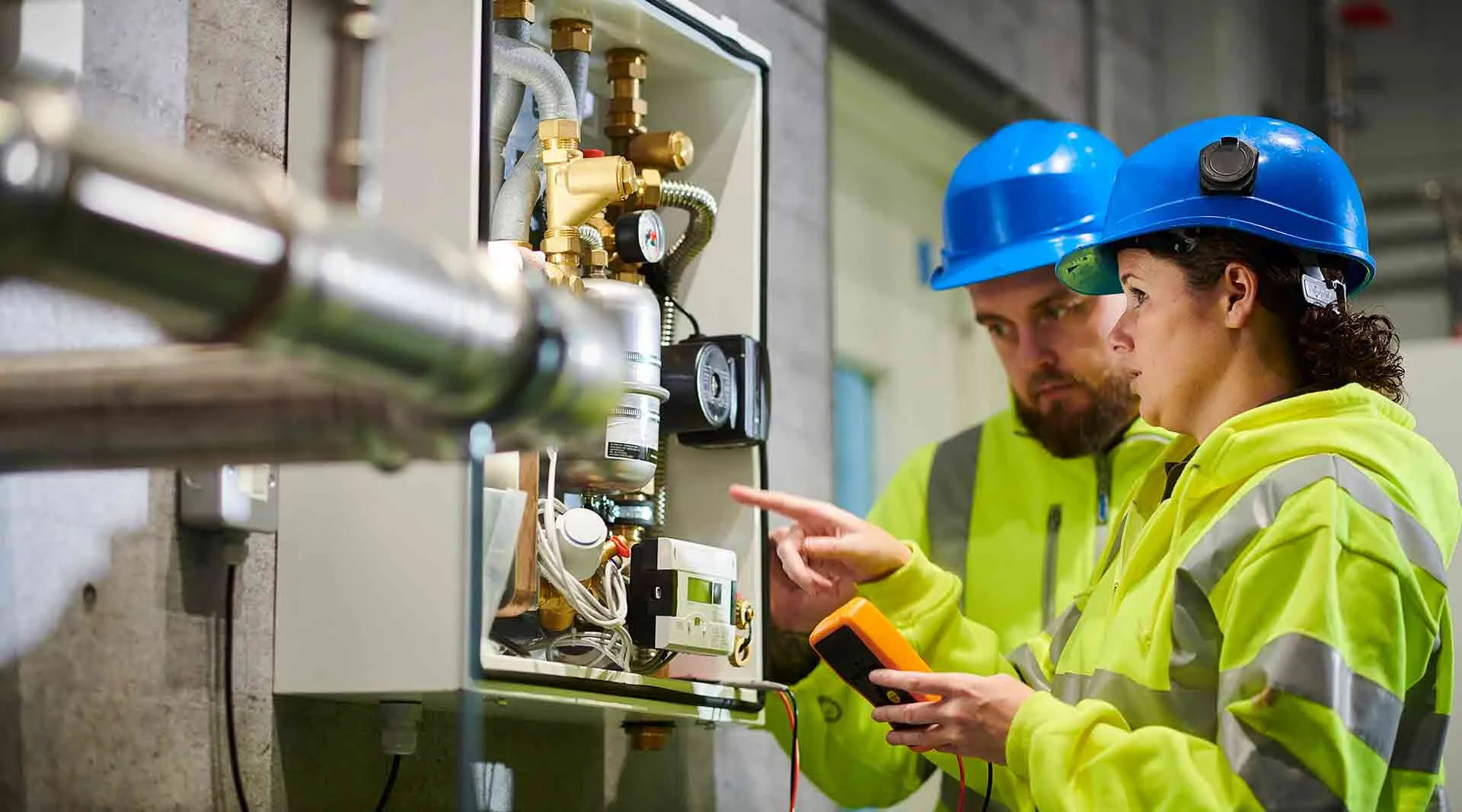
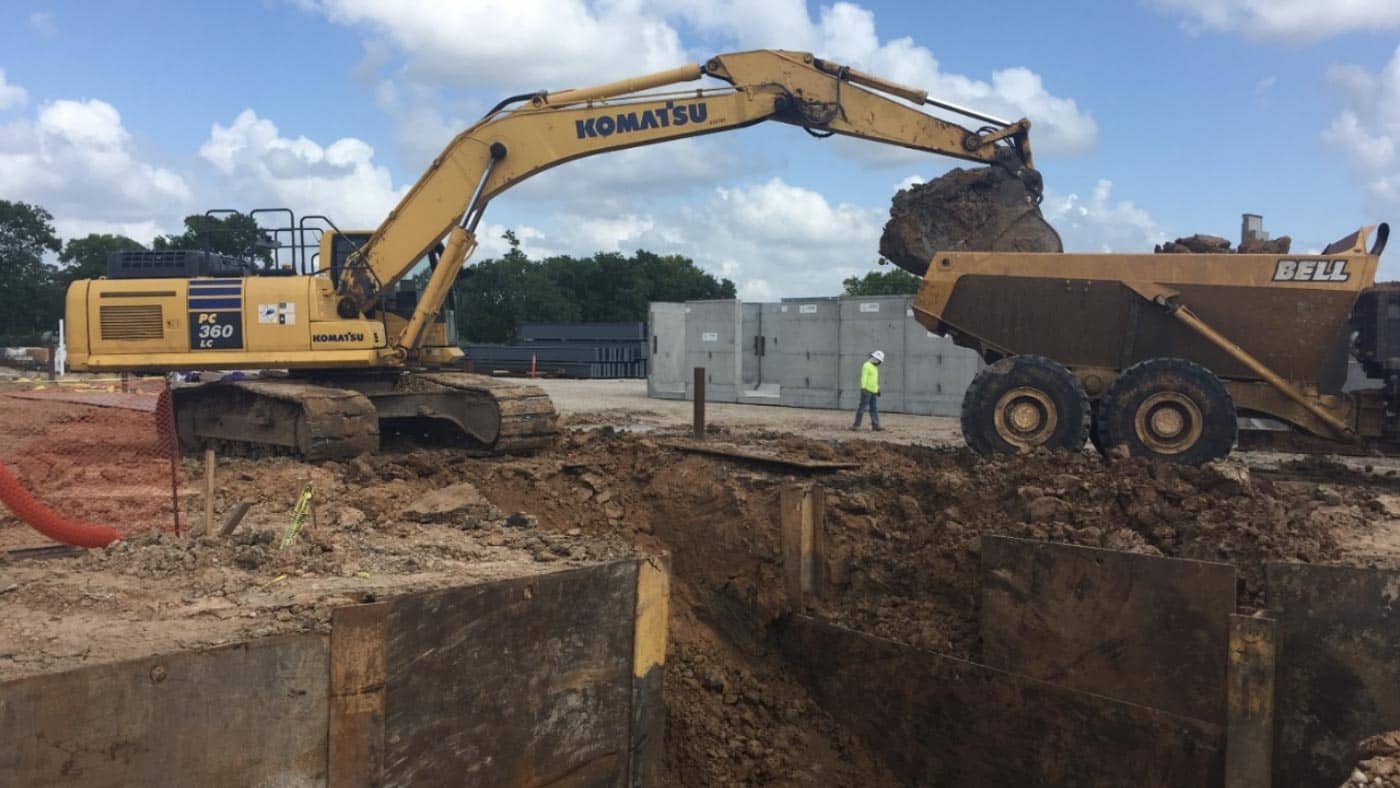

0 thoughts on “What Does “Self Perform” Mean In Construction”